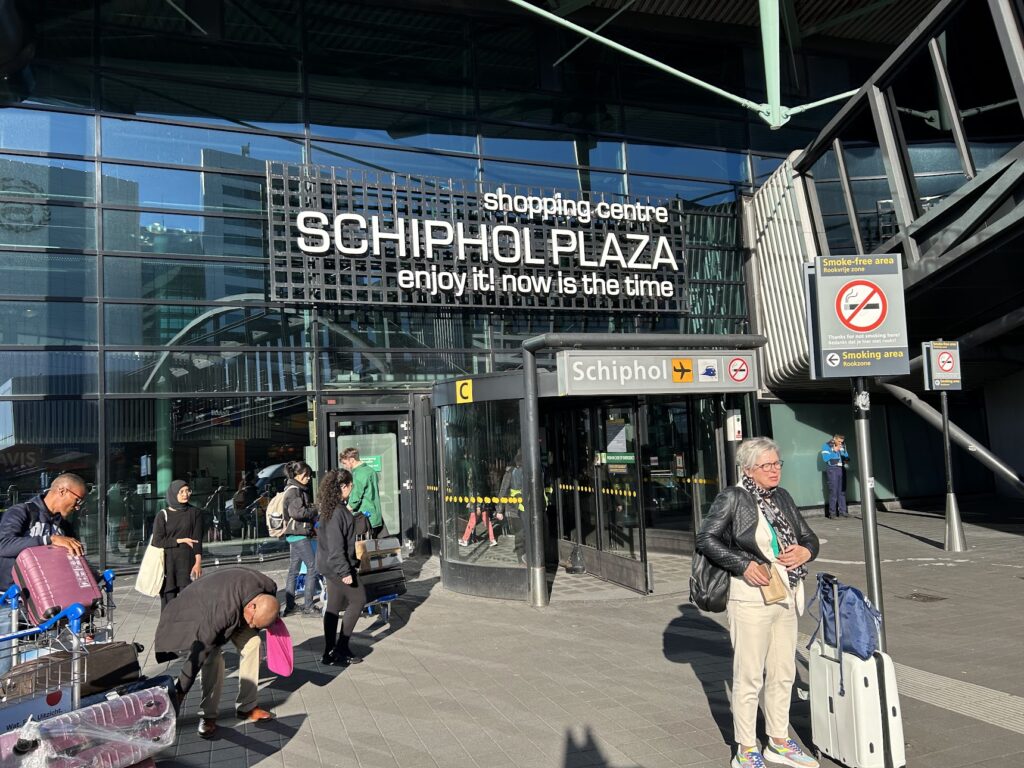The FIOD has not ruled out more arrests and seizures, suggesting that this could be just the tip of the iceberg.
In a large-scale joint operation, the Fiscal Intelligence and Investigation Service (FIOD) arrested three suspects last Monday and searched various properties in and around Amsterdam. The operation, carried out in collaboration with the Human Environment and Transport Inspectorate (ILT), the Amsterdam police and the Royal Military Police, focuses on a deep-rooted network of tax fraud, money laundering and unfair competition within the taxi industry.
The detainees, three men aged 29, 31 and 33 from Amsterdam and Assendelft, have been transferred to various police stations for further questioning. Not only were their homes searched, but also the business premises of four companies associated with the suspects. These companies specialize in facilitating taxi transport, often through sham constructions to circumvent legislation.
In addition to the arrests, the FIOD has seized a range of goods, ranging from cars and other assets to administrative documents. In support of this, the ILT, police and Marechaussee also seized dozens of taxis that can be linked to the companies involved.
Authorities discovered the fraudulent activities after several reports of irregularities among individual taxi drivers. These reports mainly came from the taxi team of the Marechaussee at Schiphol. Remarkably, many of these taxi drivers worked for the same company and most taxis were registered to rental companies.
The case gained momentum when it emerged that banks had made several reports of unusual transactions involving the companies involved and their directors. The banks noted that large sums of money—part of a turnover worth millions—were transferred to both domestic and foreign bank accounts without a clear business economic purpose.

The massive investigation and subsequent arrests cast a shadow over the taxi industry, which is already facing a crisis of public confidence. The revelations are likely to lead to increased scrutiny and stricter regulation, which could pose a challenge for both legitimate and rogue companies.
The ongoing investigation has already shown that the companies involved have probably evaded more than one million euros in sales tax. These funds then appear to have been laundered, while the taxi drivers' earnings were largely hidden from the tax authorities. The exact amount of damages has yet to be determined, but it may also lead to further financial implications due to wrongly awarded benefits and allowances.
As if that wasn't enough, the network is also suspected of wrongly applying for 290.000 euros in corona support. The National Government Service (RVO) has reported this, which further increases the list of suspected crimes.
Schiphol Airport
You must also pay attention at Schiphol. Ten violations were recently found there during an inspection of 50 taxi drivers. Several drivers did not have their affairs in order; two were arrested on the spot and one of them is even suspected of involvement in more serious crime such as drug trafficking.
All this takes place against the background of a new control system, the Central Taxi Database (CDT), which is being developed by the Environment and Transport Inspectorate. The new system should eventually replace the current on-board computer (BCT) and provide real-time information from the taxi forward to the ILT.



